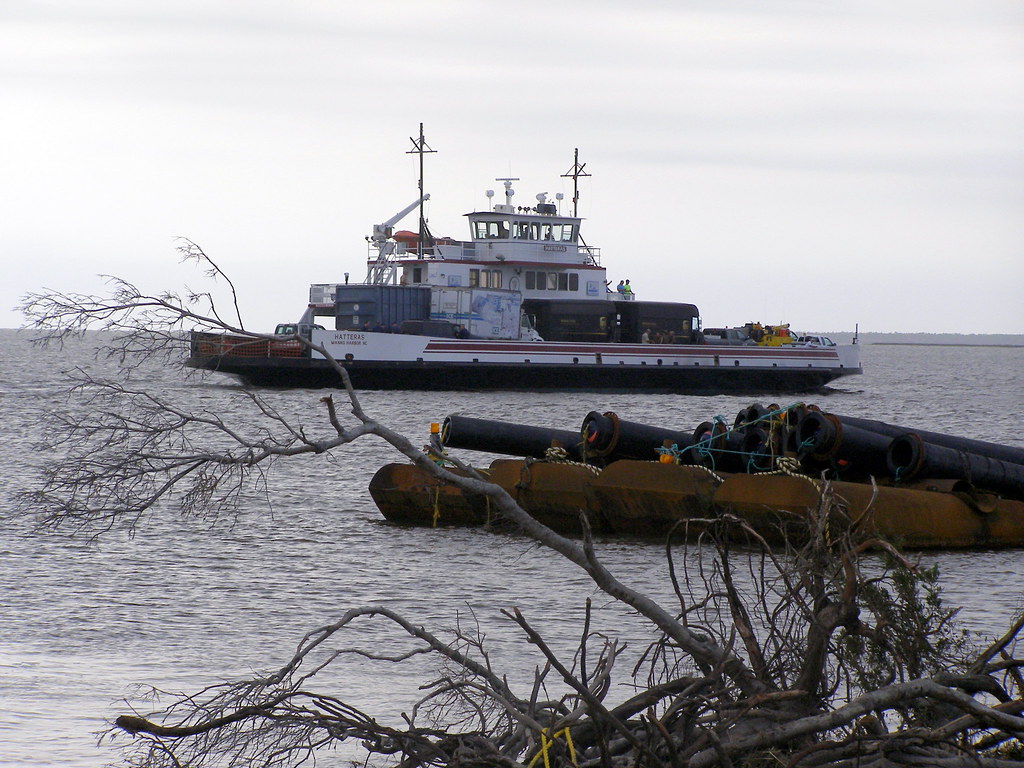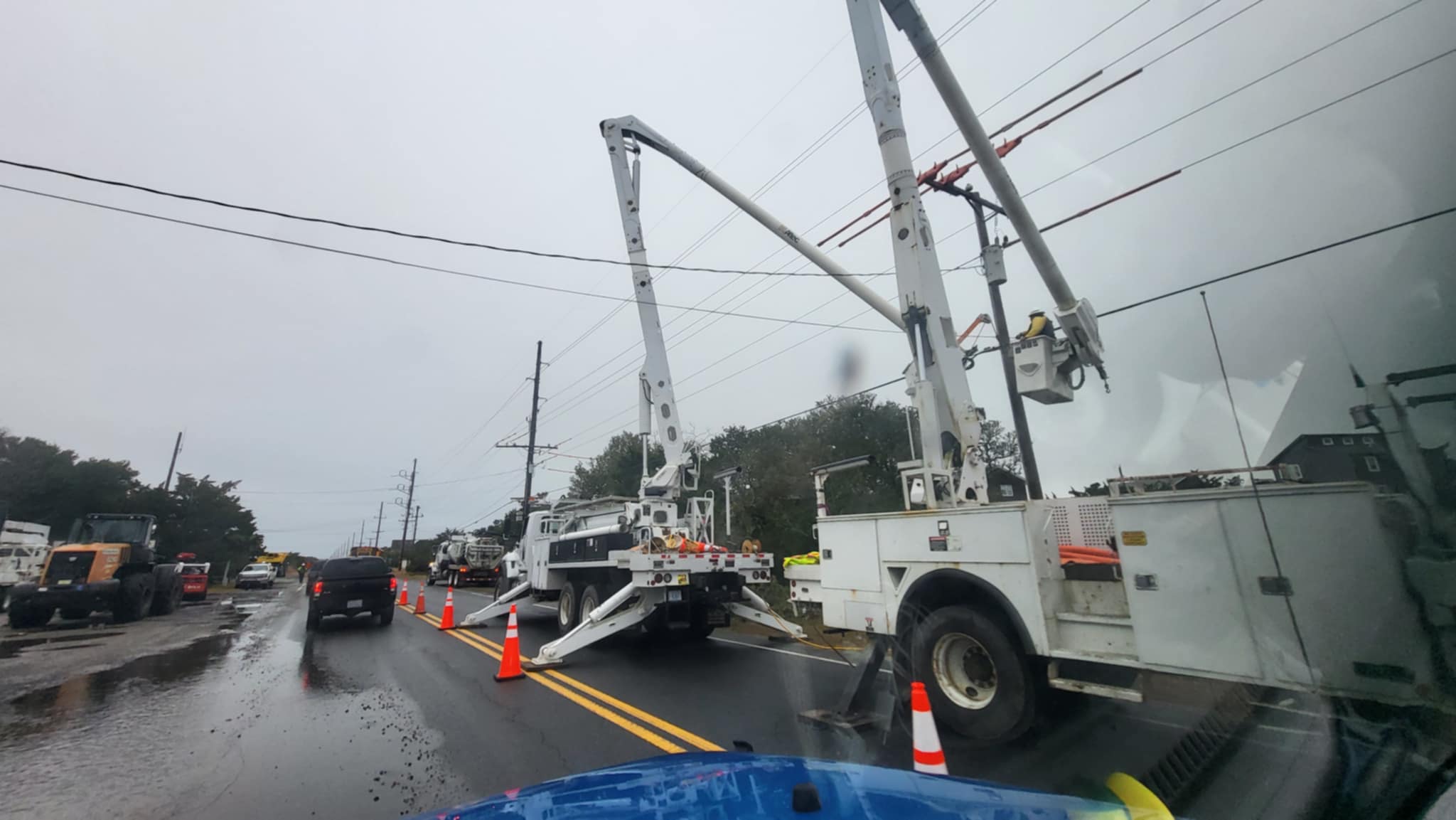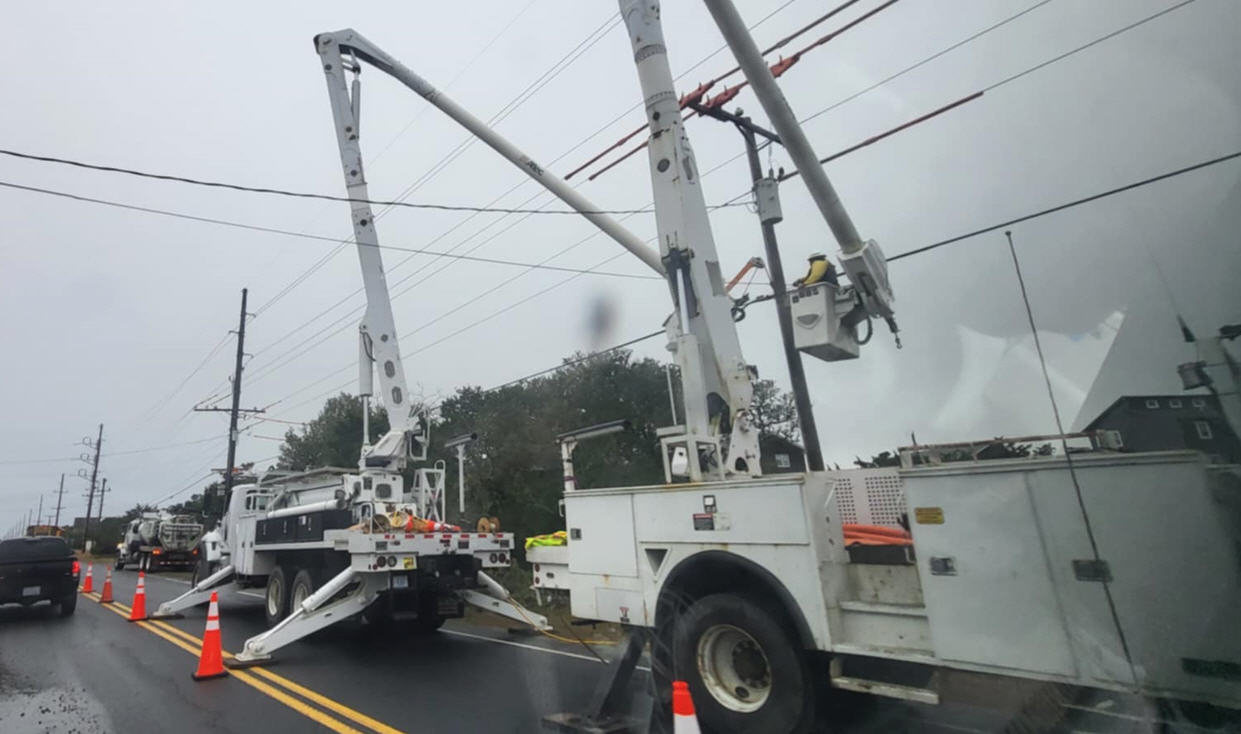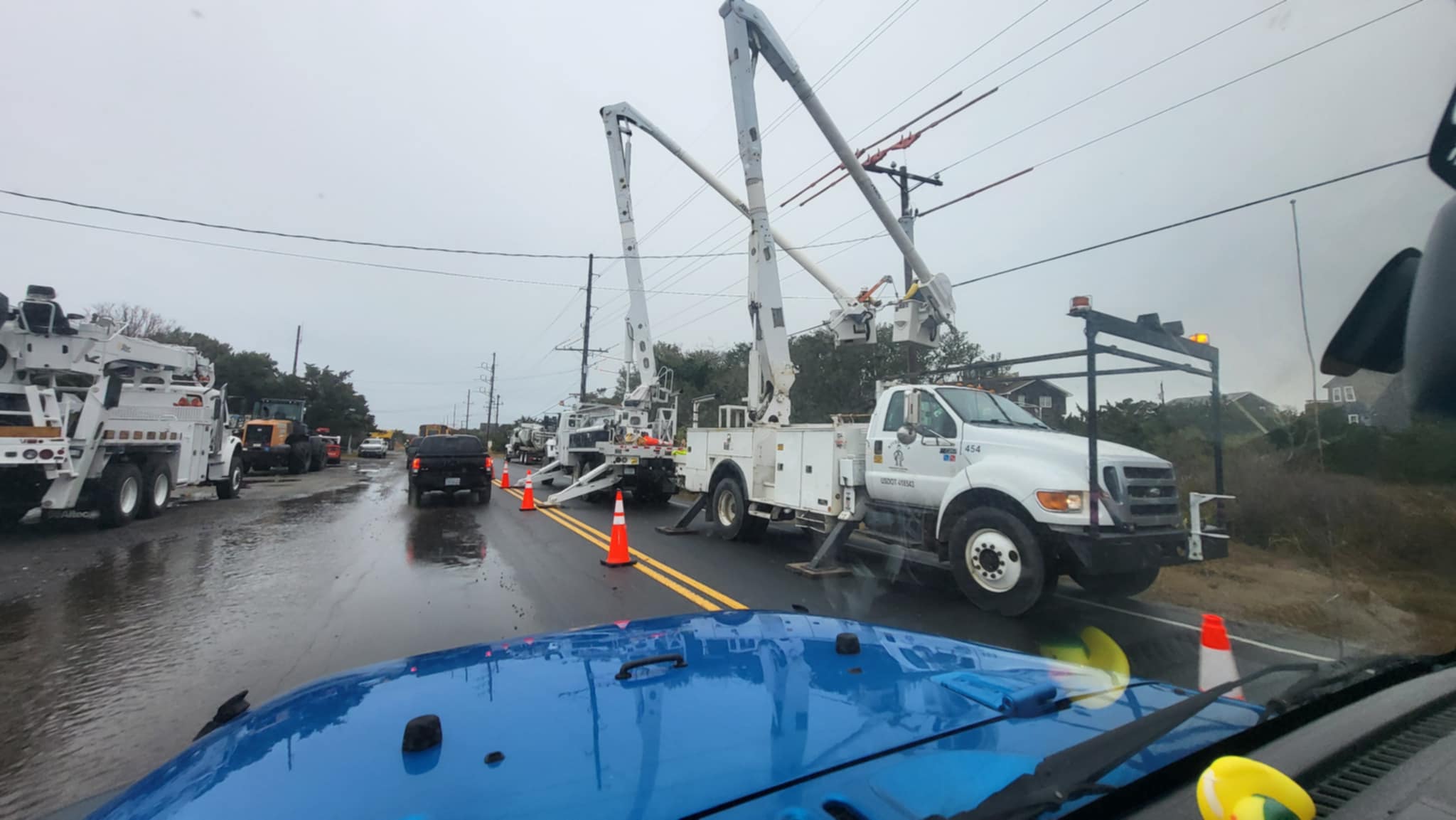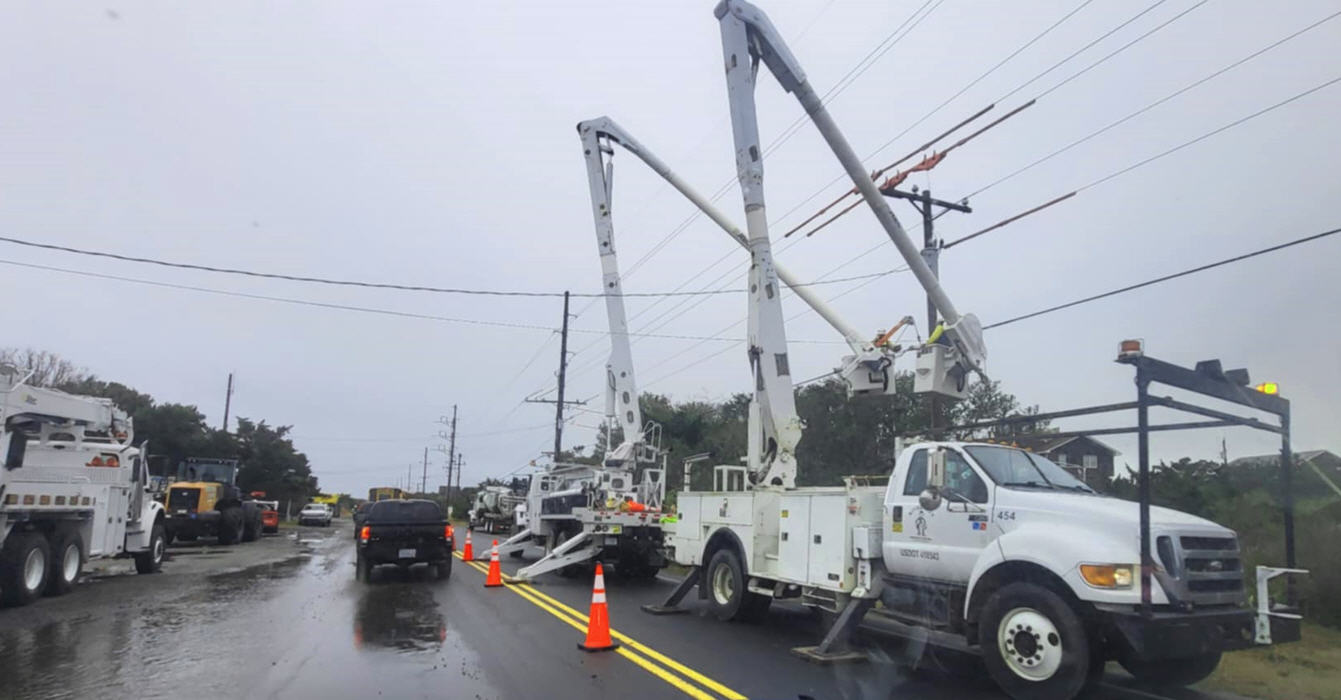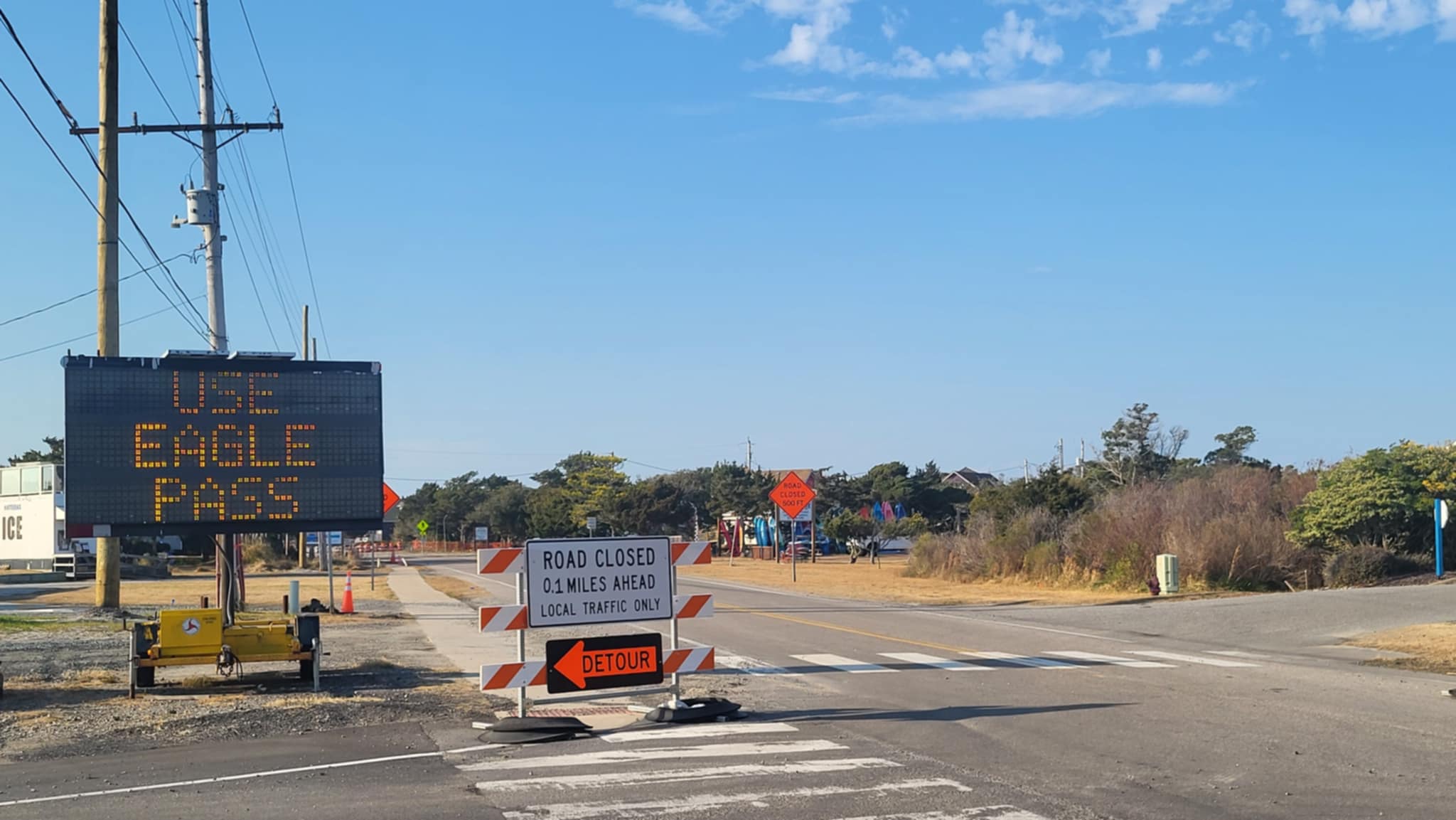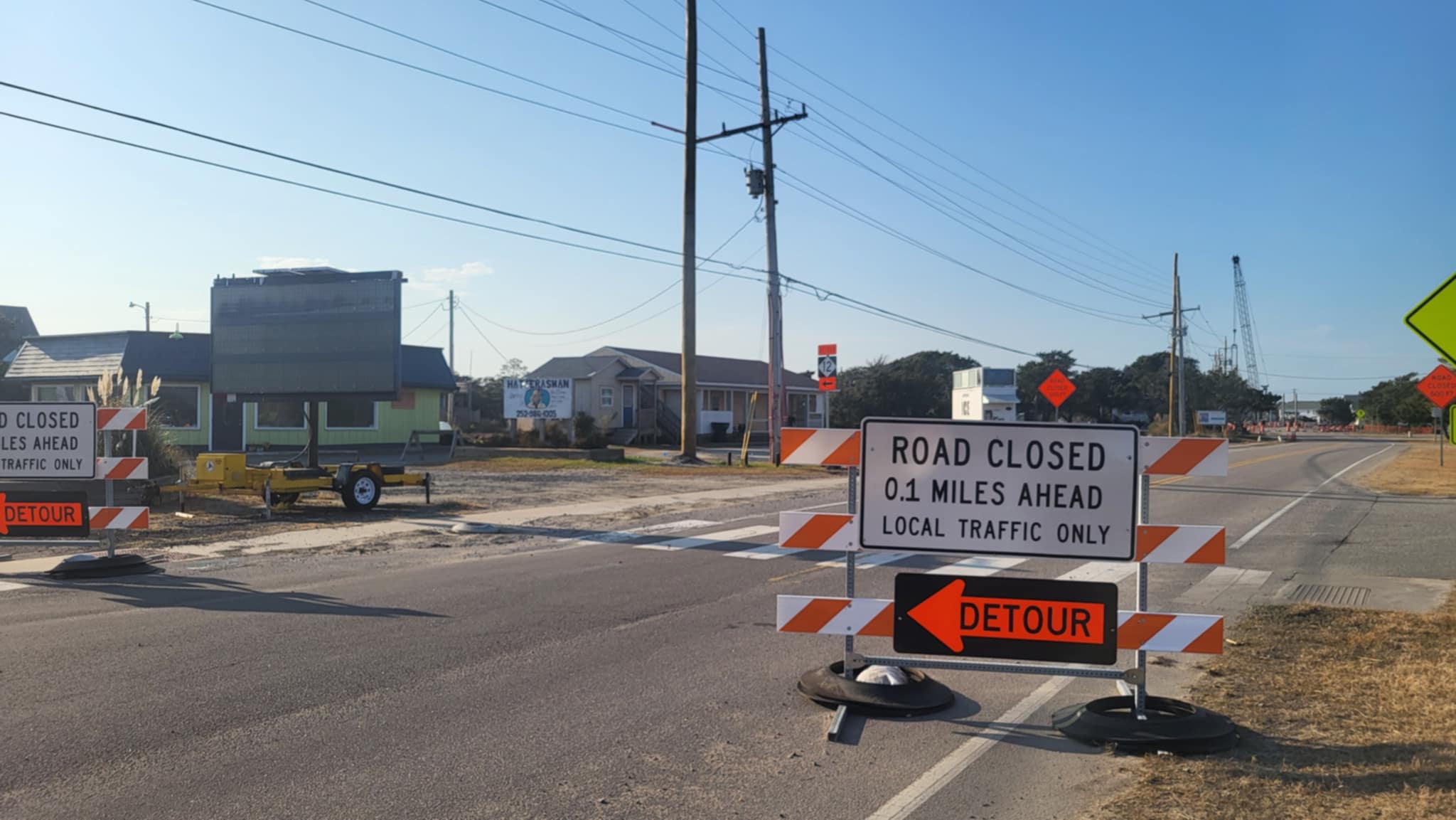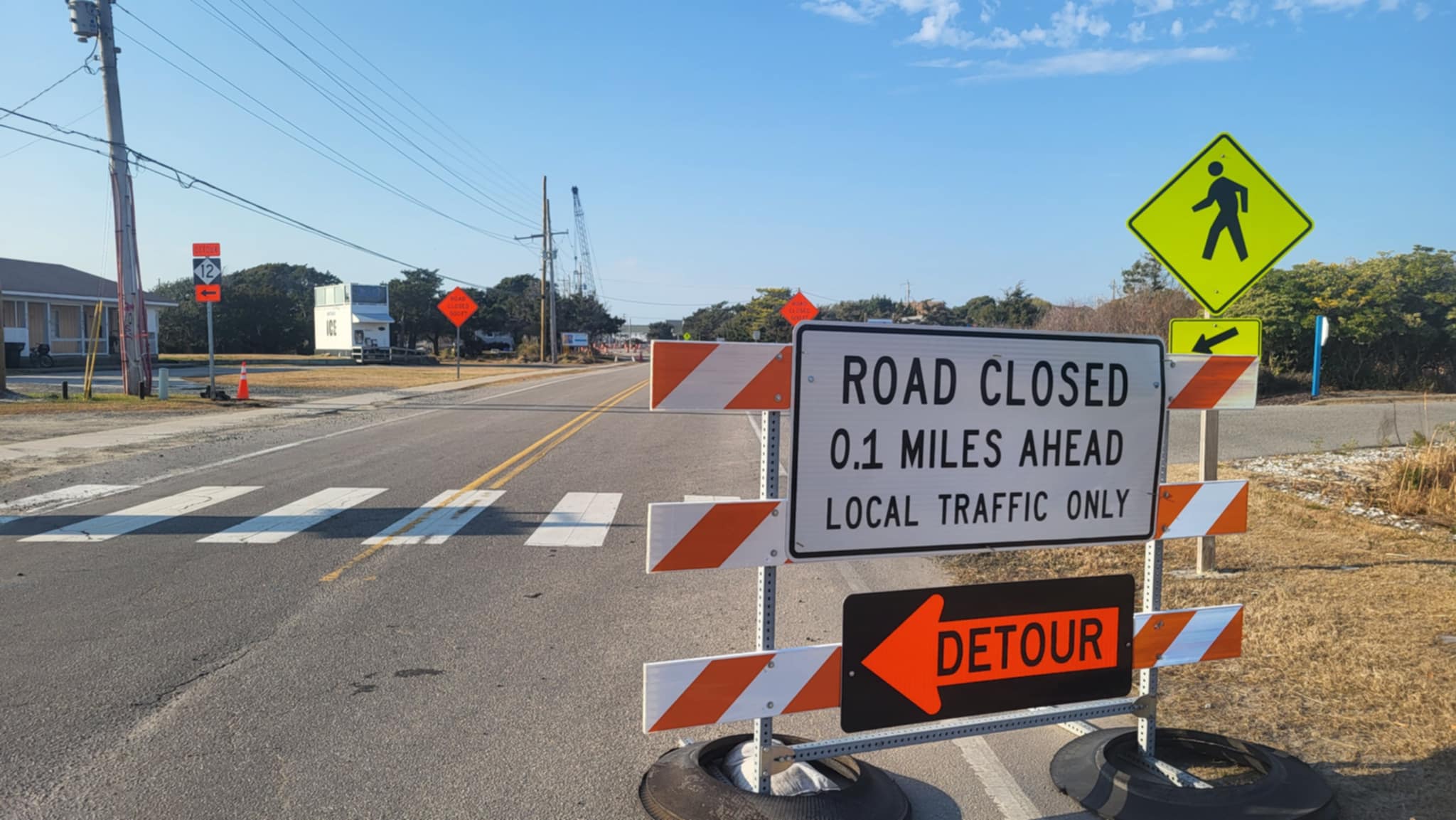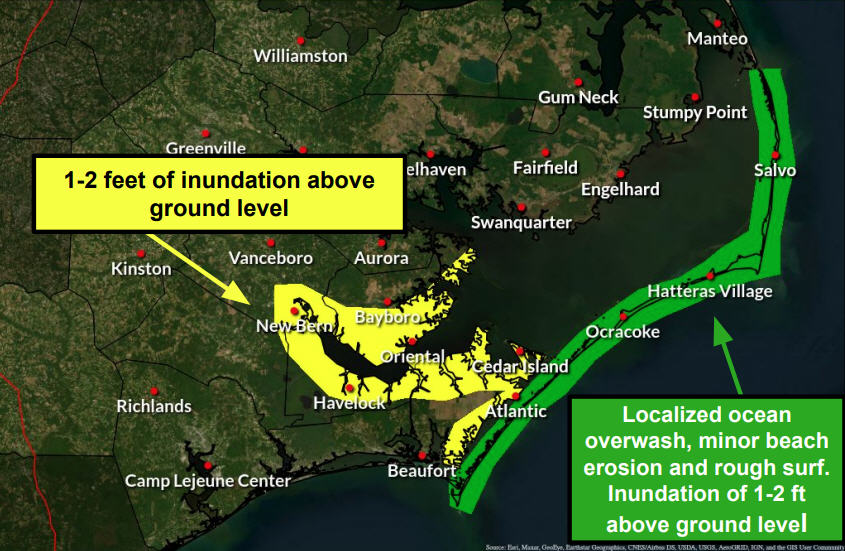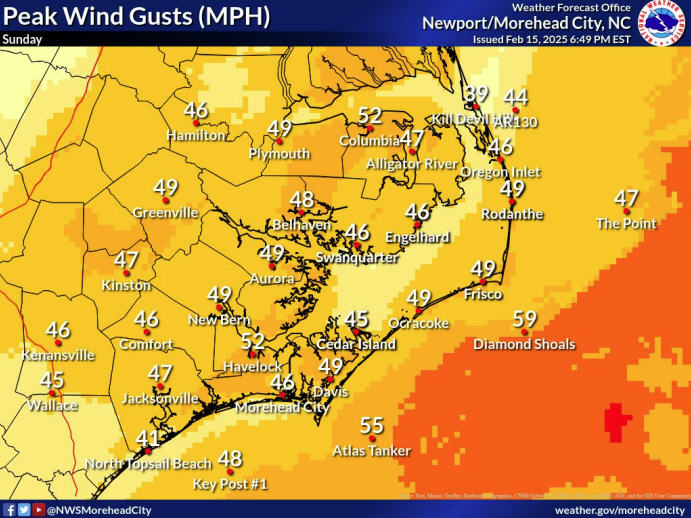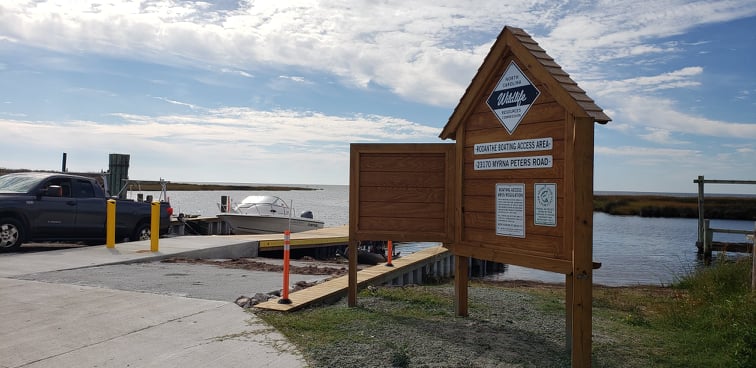Ocracoke Real Estate: Moving forward on travel trailers as residences
By B.J. OELSCHLEGEL
By B.J. OELSCHLEGEL
It was 5:30 p.m. when I pulled into the very crowded parking lot of The Ocracoke Community Center. The meeting for The Ocracoke Planning Advisory Board had been advertised with the topic for discussion being travel trailers as residential structures.
I’ve been part of the board for five or so years now and I had never seen this many people interested in the workings of the group. Or maybe it wasn’t the workings.
As the meeting came to order, it was apparent that emotions were running high.
The first half hour of the meeting was taken up with the explanation of how the board came to be, our role in planning development on the island, and a reiteration of how we see ourselves as the voice for the community.
The board continues to see the fact that so many showed up to voice their opinions as a good thing.
We have had meetings with advocates for and against travel trailers; and we represent both sides.
After establishing the ground rules for civil discourse, we had a very beneficial give-and-take between the board and the audience.
We have been working on this subject for three to four meetings. With long-term housing at a premium, we knew that trailers were our short-term solution. We saw the need to take the very narrow permission for the use of travel trailers in the current ordinance and expand it.
Allowing travel trailers to solve this housing problem would require regulation to guarantee health and safety standards. No question is easy, and we threw back to the audience the roadblocks we had encountered as we tried to think through the ramifications of one direction or another.
As an added resource, we had invited the Hyde County Building/Enforcement Officer Jerry Hardison and the Hyde County Health Inspector, Hugh Watson.
Between the creativity and brain power in the audience, the history of the labored discussions within the board, and the legal guidelines from the two county reps, we were able to begin using the word ‘consensus” as we progressed with the debate.
I love saying the word “consensus” and Ocracoke together in the same sentence. There has been more than one line drawn in the sand, over the years. It doesn’t take much to spark a fire. It is so easy to take a kernel of truth about a topic and layer it with emotional reactions to the subject, rather than the facts.
At the outset of the evening, it looked like it might become a blood bath. The room leveled out when it became apparent that the audience was being heard. They were part of the process.
I’m sure that not everyone will be 100 percent happy with the outcome, but we are progressing towards a standard for a living unit that will be consistent with the building ordinance.
It was clear to all who attended that the focus of reworking the section of the ordinance dealing with travel trailers has to be health and safety.
One of our major hurdles was a piece of new information that came a day before the meeting.
We had been heading in the direction of labeling travel trailers as dwellings, when used for residential purposes. It seemed to make sense, and it appeared to allow the dominoes to fall into place on all aspects of categorizing this new beast.
That was until the building inspector uncovered a regulation that states that North Carolina does not recognize travel trailers as dwellings.
He is not allowed to write a permit for a travel trailer to be used as a swelling.
We were back to the drawing board. During the meeting, it was decided that a travel trailer could be called an accessory structure and permitted to be used for residential purposes if the following conditions were met:
Appropriate septic capacity
A legal water source
Placement that meets the residential setback requirements
No more than 50% impervious coverage
Appropriate parking
Quick release connections for water, sewer and electric. (A trailer could be ready to leave
for a hurricane at a moment’s notice.)
No conflict with a subdivision ordinance against the placement of a trailer
One of the last big questions is “How many trailers to a lot?” If the health department considers a travel trailer as one bedroom and a three bedroom septic system exists on a lot, does that mean that three trailers should be allowed to be placed on a lot?
One of the committee’s concerns is density and the consequences of three travel trailers on the minimum lot of 5,000 square feet.
After two hours of work, we had run out of time. There will be another meeting dedicated to the topic of travel trailers. The board will reword the ordinance for travel trailers. This will need to be put before the county attorney; and we would need to have a public hearing before sending the final draft to the commissioners for inclusion in The Ocracoke Building Ordinance.
As we put the tables away, we all agreed that the meeting had been beneficial.
As a child of the ‘60s, my heart would have been warmed by being able to say that we finished out the night by forming a circle, holding hands, and singing “kumbaya.”
That didn’t happen. Something just as extraordinary did.
I am encouraged by what can come out of a group of people pooling their brain power, listening to one another, respecting the opinion of the other, and keeping the kernel of truth as the primary intention.
(B.J. Oelschlegel has lived on Ocracoke Island for more than 30 years and has worked in the real estate business for 26 years. She is a broker with Ocracoke’s Lightship Realty and a real estate columnist for The Ocracoke Observer. You can reach her by e-mail at bj@ocracokelightshiprealty.com)
Subject
Name
(required, will not be published)
(required, will not be published)
City :
State :
Your Comments:
May be posted on the Letters to the Editor page at the discretion of the editor.
May be posted on the Letters to the Editor page at the discretion of the editor.
May be posted on the Letters to the Editor page at the discretion of the editor.
May be posted on the Letters to the Editor page at the discretion of the editor.




